Always confirm security, belongings, and room status before checking out of a hotel room.
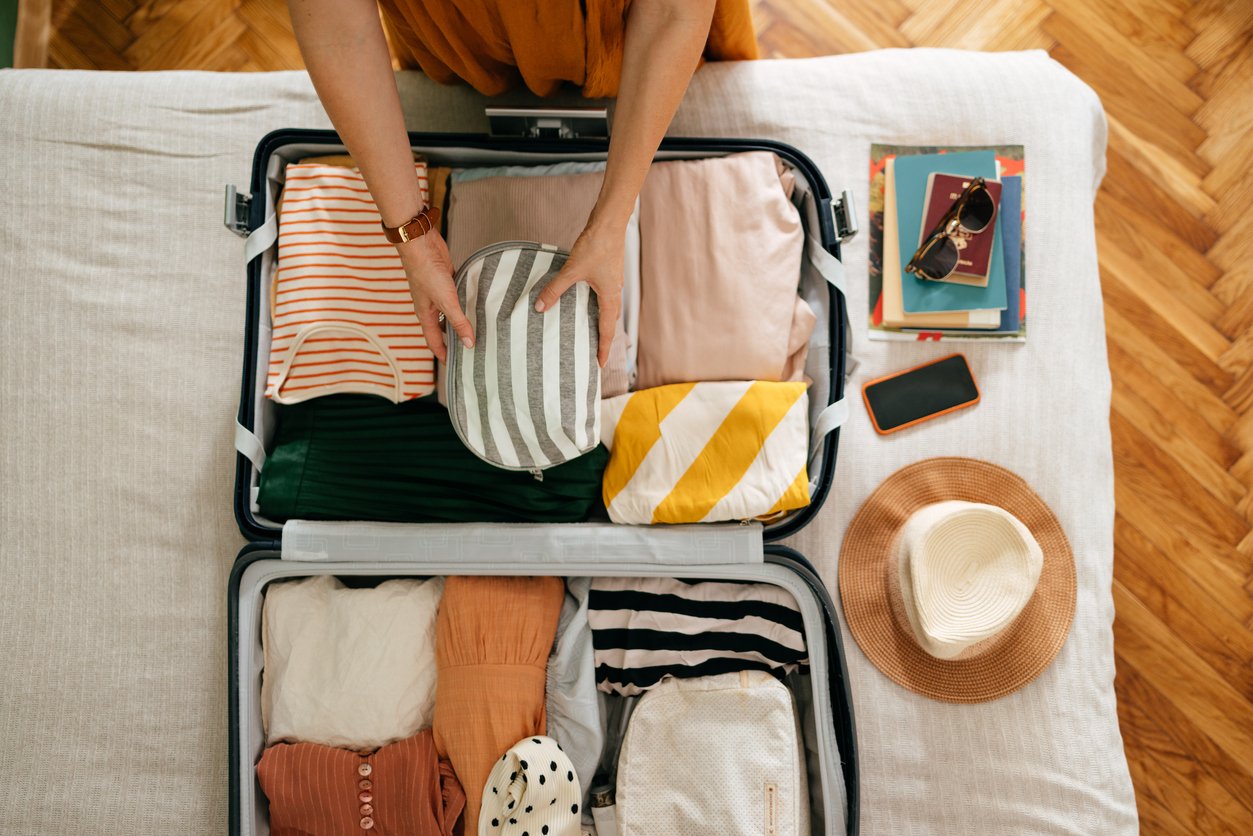
Leaving a hotel room requires more than just grabbing your suitcase; it involves a thorough check to ensure security and preparedness. From locking windows and doors to verifying personal belongings, small details can prevent inconvenience later. Taking a moment to review the room’s condition and your items helps avoid forgotten valuables or overlooked hazards, making your travel experience smoother and safer.
1. Ensure all windows and doors are securely locked before departure.
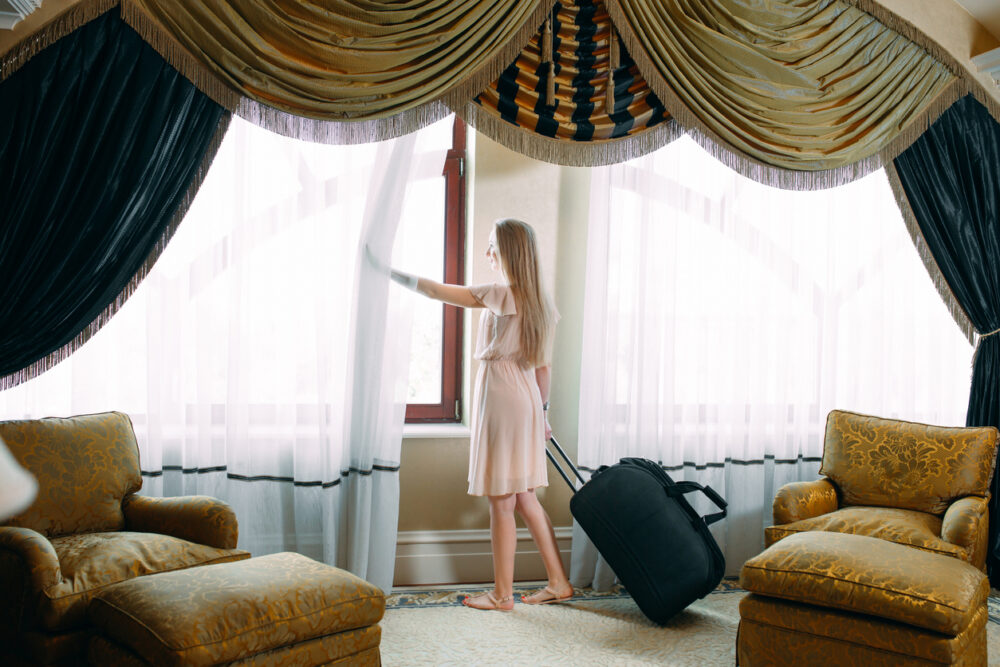
Locking windows and doors ensures peace of mind while away from a hotel room. Secure locks create a barrier against unauthorized entry, reducing the risk of theft or damage. Even a slightly ajar window might become an invitation for unwanted guests.
Beyond security, closed windows and doors help conserve energy by maintaining room temperature. Avoiding unexpected drafts keeps the room comfortable and energy-efficient. Taking a moment to check these details can form part of a smooth transition from hotel stay to travel itinerary, as stated in Travelers Unite.
2. Double-check the bathroom for any personal items left behind.
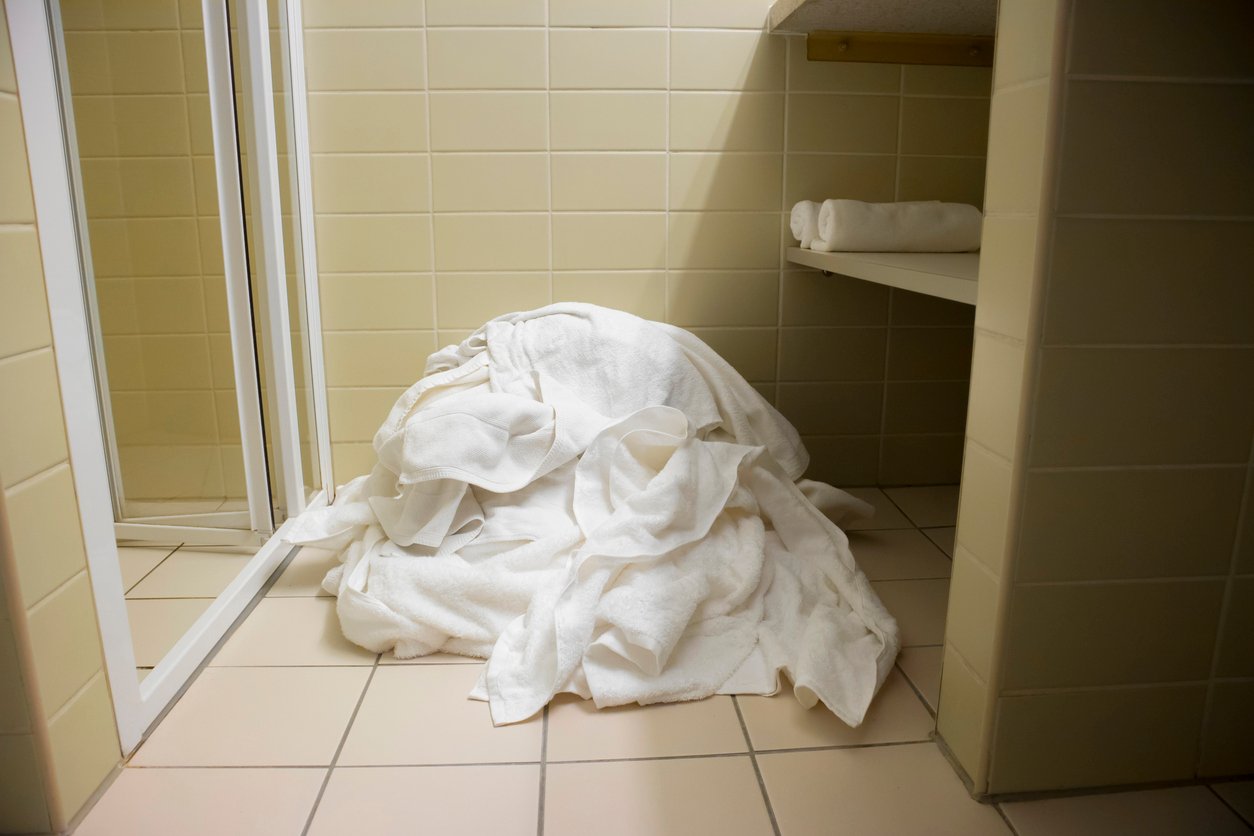
A quick glance at the bathroom can prevent leaving behind essentials. Items like toothbrushes or hairbrushes can easily hide on countertops or shelves. Double-checking these areas saves the inconvenience of replacing forgotten items later.
Bathrooms often have small, discreet storage nooks where toiletries, cosmetics, or jewelry might be placed absentmindedly, Reader’s Digest recommends. Consider the laundry basket or hanging towels, which can camouflage personal belongings, before heading out for the day.
3. Verify that chargers and electronic devices are packed away safely.
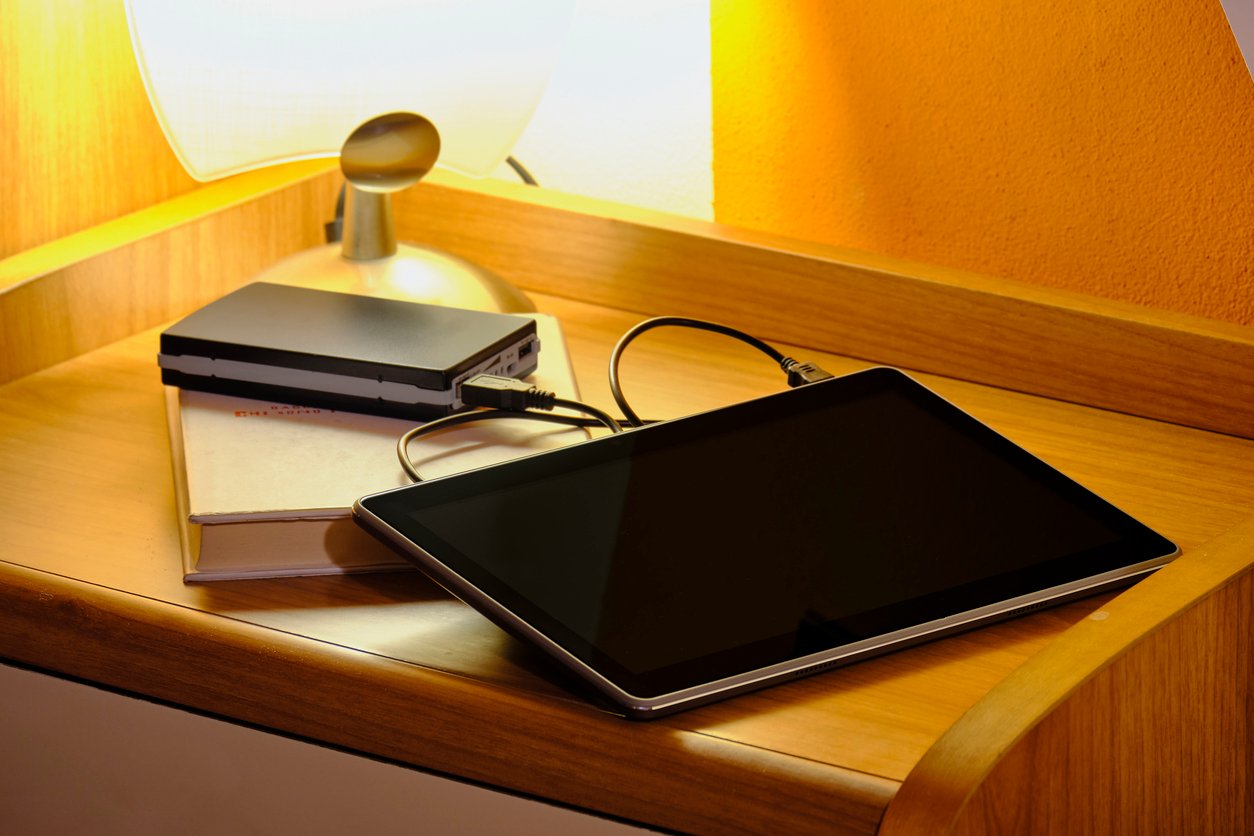
Pack chargers and electronic devices methodically to avoid leaving them behind. Devices often plug into obscure outlets and can be easily overlooked. Without careful checks, a phone or laptop charger might end up forgotten in hidden corners.
Electronics left behind can lead to a scramble for replacements, especially in remote locations. Plan to inspect every outlet and charging station before leaving, ensuring essential devices are gathered and travel-ready, Medium.com reports.
4. Confirm you have taken all your travel documents and identification.
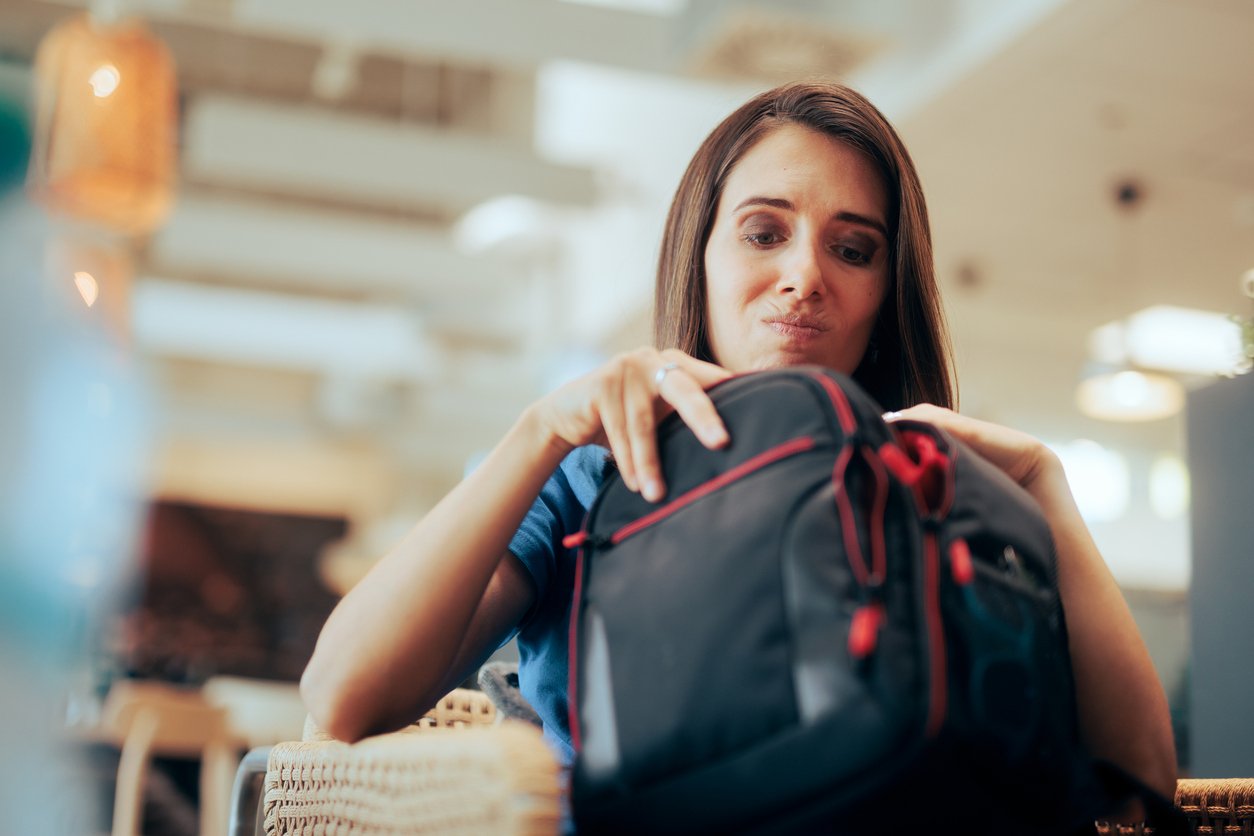
Travel documents and identification often dictate the smoothness of a journey. An essential set of documents can include passports, tickets, or visas, and they might be stashed in folders or pockets. Forgetting these can transform a trip into a stressful situation.
Replacing crucial documents can be challenging away from home base. Setting aside time to ensure they’re packed correctly reduces stress and supports a seamless transition, whether making a border crossing or catching a flight.
5. Inspect the closet and drawers for any clothing or accessories
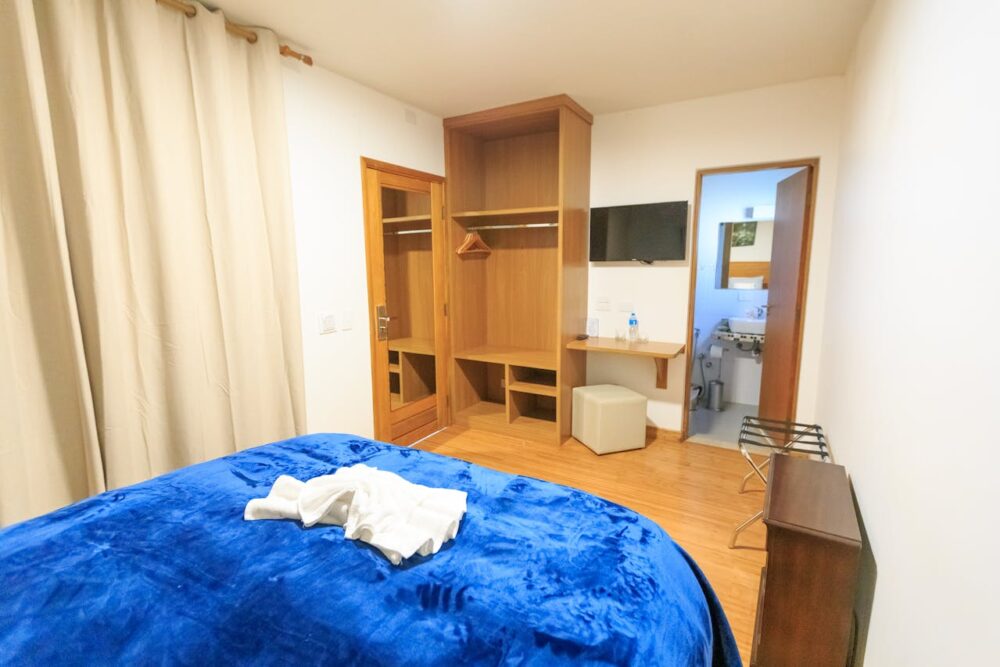
Careful inspection of closets and drawers might reveal misplaced clothing and accessories. Items like scarves or hats can blend with hotel decor, disappearing until check-out time. Forgotten apparel can be inconveniently lost to a rush.
Extracting every last sock or t-shirt involves deliberate effort when each space holds memories of unpacking. Pausing to carefully scan each corner where valuables or garments might be lodged prevents rushed exits and unexpected surprises later.
6. Check under the bed and furniture for any forgotten belongings.
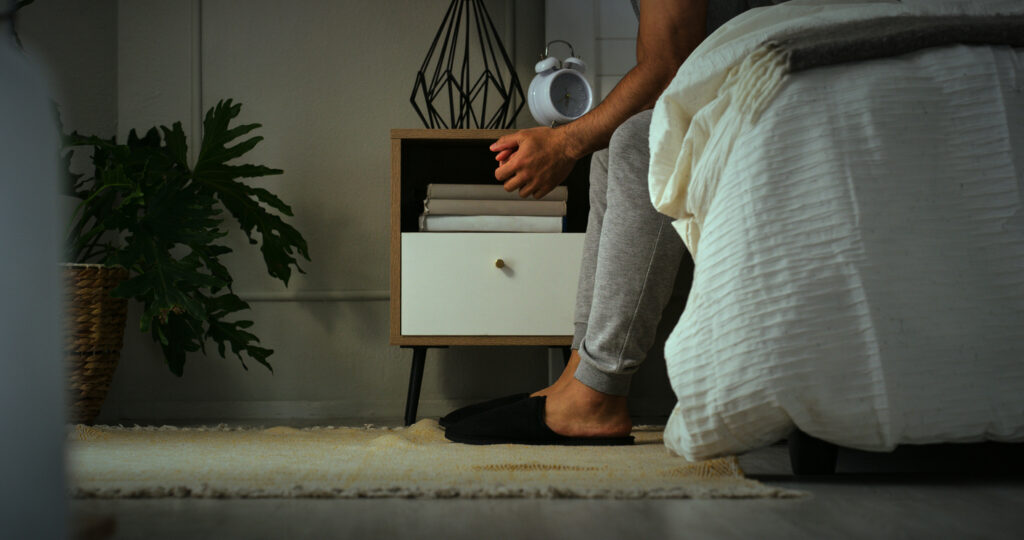
Checking under beds and furniture can reveal hidden treasures. Suitcases might inadvertently hide beneath beds or small items may roll across the floor. What’s out of sight is easily overlooked.
Furniture often acts as unintentional storage. Forgotten clothing, jewelry, or shoes can lodge in these covert spaces. A final sweep of the room helps retrieve all articles caught beneath unseen realms.
7. Make sure to turn off all lights and electrical appliances.
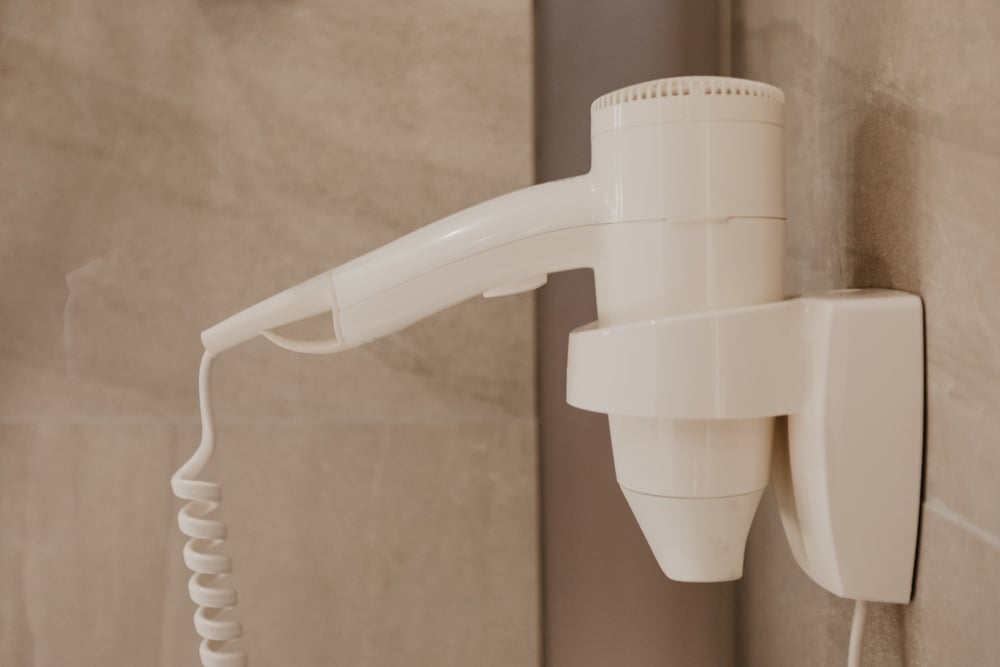
Turning off lights and appliances saves energy and prevents hazards. Electrical items left powered can lead to unexpected power surges or costly hotel fees. A brief moment of focus ensures all switches are turned to the off position.
Energy conservation efforts and fire hazard prevention form part of the accountability aspect of hotel stays. Ensuring devices are off prevents unexpected electricity usage and helps maintain the venue’s sustainability measures.
8. Review the minibar and remove any items you have consumed.
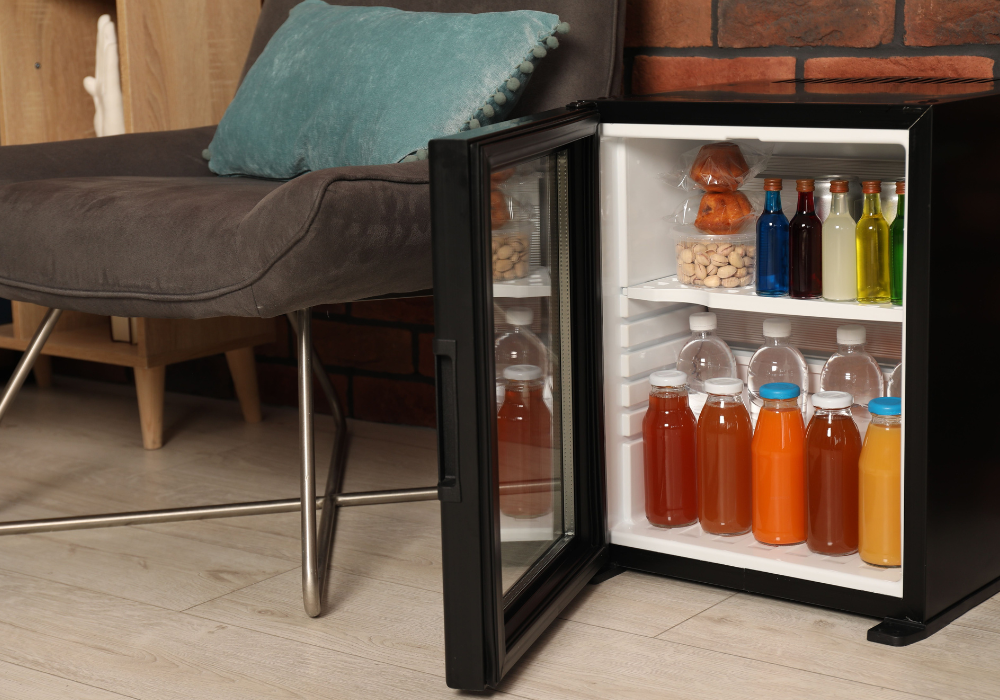
The minibar inventory offers financial clarity. Minibar automation can instantly tally taken or returned items, meaning accuracy is critical in avoiding additional charges. Viewing what was consumed prevents billing discrepancies.
Reviewing minibar selections involves more than counting empty spaces. Items confused in the shuffle, like unrecorded snacks or drinks, could result in surprise charges. Verifying contents aligns expectations with billing statements.
9. Ensure the safe is emptied and locked after retrieving valuables.
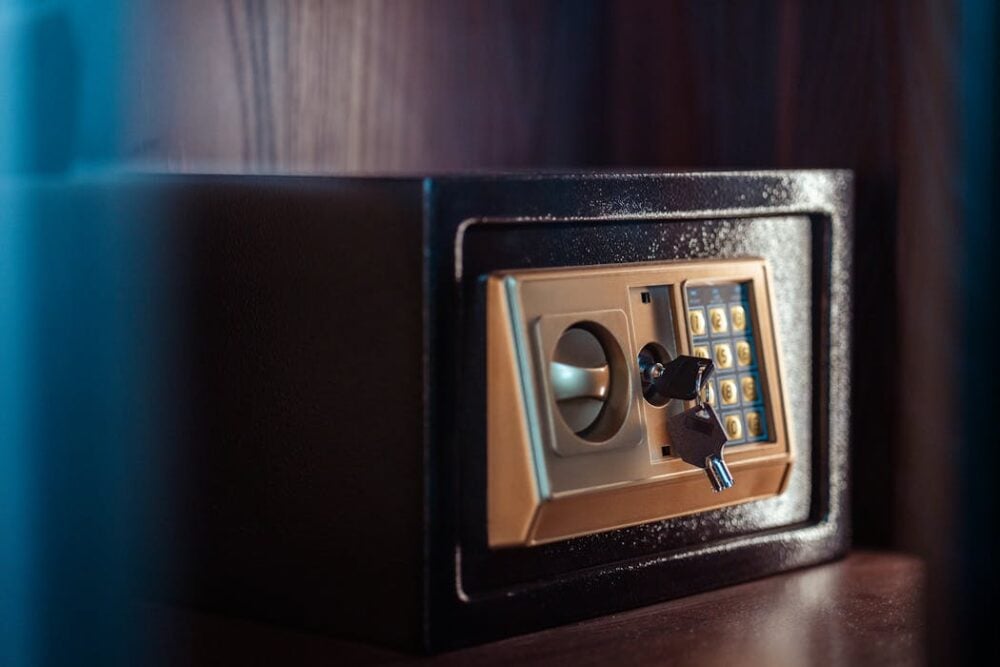
Emptying and locking the safe guards personal valuables. Items like jewelry or important documents might have been shielded within its confines. Overlooking a closed safe can mean essential items go unmissed in the wake-up call rush.
An unemptied safe not only relieves guests of security but leaves behind critical belongings. Frequent travelers value the assurance provided by a secure and finalized check of safety measures before room exit.
10. Take a final glance at the room for anything unusual or out of place.
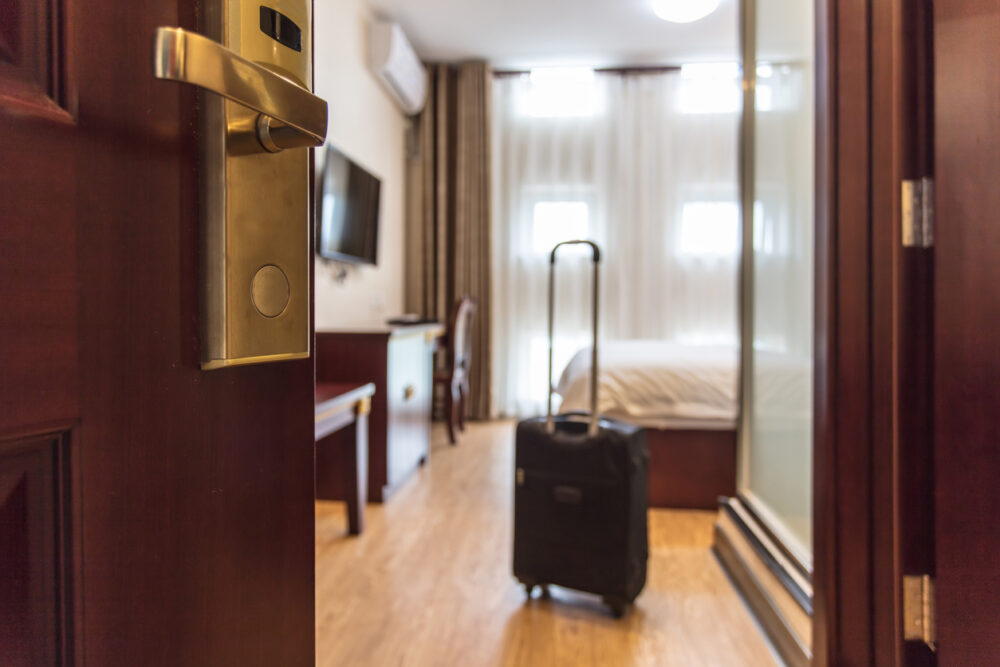
A final room sweep ensures nothing unusual was missed. Odd placements or forgotten items may speak volumes later. It’s a small but significant action to alleviate lingering doubts.
This last glance around makes room for reassurance—a mental room inventory confirming that everything’s accounted for. Anything out-of-place gets noted down, with each corner visually cataloged and cross-checked to ensure stories connect and wrap up neatly.
